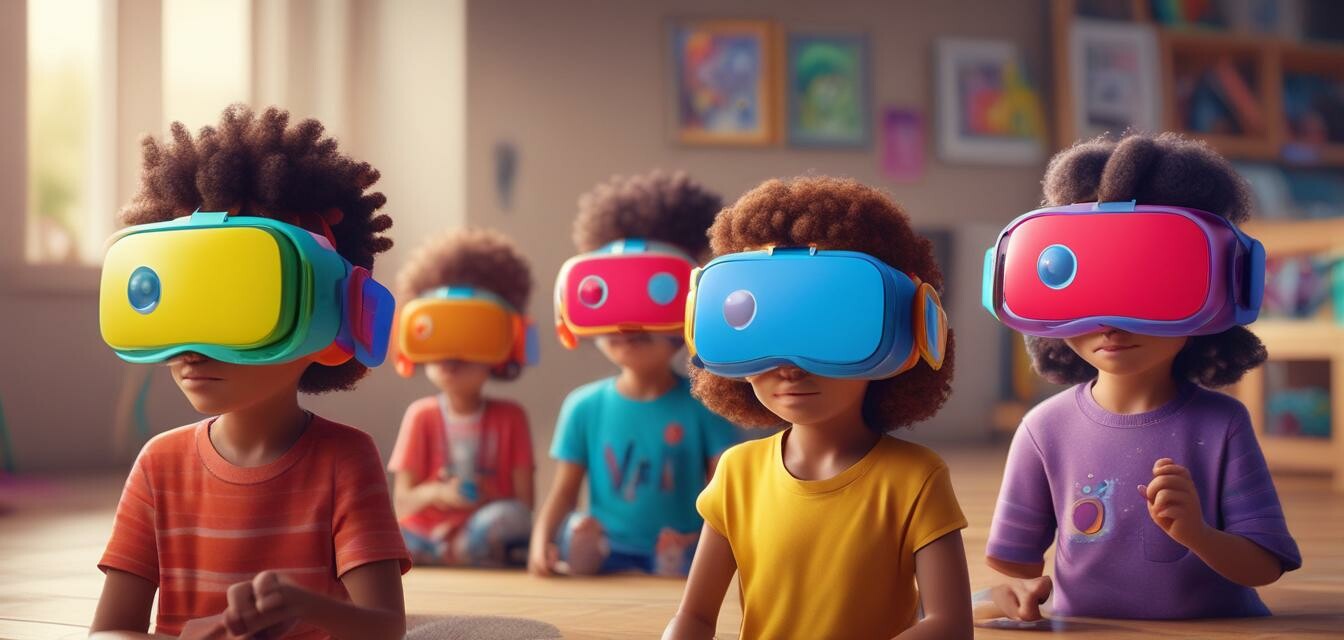
Comparing the Best Standalone VR Headsets for Kids
Standalone VR headsets are becoming increasingly popular for children, providing immersive and interactive experiences that entertain and educate. This article offers an in-depth comparison of top standalone VR headsets suitable for kids. We'll examine features, pricing, and age recommendations to help parents choose the best option for their family.
Key Takeaways
- Standalone VR headsets offer immersive experiences without needing a PC or console.
- Consider age-appropriateness, comfort, and content availability when choosing a headset.
- Pricing varies widely; determine your budget before exploring options.
- Some headsets come with built-in educational applications, adding value for learning.
What to look for in a kid-friendly VR headset
When selecting a standalone VR headset for children, there are several critical factors to consider:
- Age recommendations: Each headset typically specifies an age range suitable for use.
- Comfort: Lightweight and adjustable designs ensure a comfortable fit for extended usage.
- Content library: Look for headsets with a wide range of games and educational applications.
- Parental controls: This feature allows parents to manage content and usage time.
- Price: Determine your budget and find a headset that offers the best value for your money.
Top Standalone VR Headsets for Kids
Below is a comparison table of popular standalone VR headsets suitable for children:
| Headset | Age Recommendation | Weight | Content Availability | Price Range |
|---|---|---|---|---|
| VR Kiddo 1 | 8+ | 400g | Educational and Gaming | $199 - $249 |
| Little Explorer VR | 6+ | 350g | Games only | $149 - $199 |
| FunTime VR Headset | 7+ | 420g | Educational, Games and Apps | $179 - $229 |
| Kiddo Adventure VR | 9+ | 460g | Games and Reviews | $249 - $299 |
Pros and Cons of Standalone VR Headsets for Kids
Pros
- No need for external devices such as PCs or consoles.
- Wide range of interactive games and experiences.
- Portable and easy to set up for on-the-go fun.
- Some offer educational content enhancing learning experiences.
Cons
- Price may be higher than other types of electronics.
- Not all headsets are suitable for younger children.
- Some users may experience motion sickness during usage.
- Content updates may be infrequent for certain models.
Frequently Asked Questions
What age is appropriate for kids to use VR headsets?
The appropriate age can vary by model, but many manufacturers recommend headsets for children ages 6 and up. Always check the manufacturer's guidelines before use.
Are there educational VR experiences for children?
Yes, many standalone VR headsets come with games and apps designed for educational purposes, making them a great choice for learning through play.
How do I set parental controls on a VR headset?
Most modern VR headsets include built-in parental control settings. Refer to the user manual for specific instructions on how to set up and manage these features for your device.
Conclusion
Choosing a standalone VR headset for kids can significantly enhance their playtime while offering various educational opportunities. By considering age recommendations, comfort, and content availability, parents can find the perfect headset for their child's needs and preferences. Exploring the diverse options available ensures an enjoyable and beneficial experience for your family.
For more information about kids' electronics, check out our Kids' Educational Electronics and Standalone Virtual Reality Headsets categories!